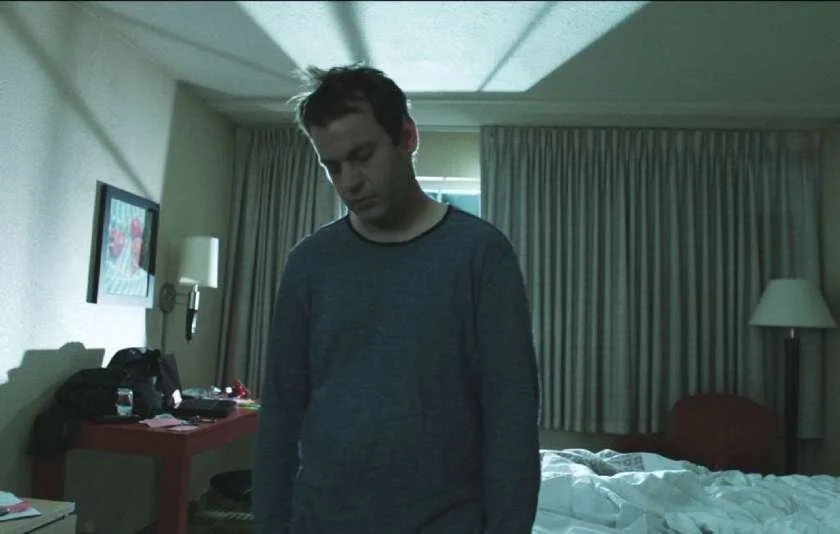Sleepwalking Explained
Sleepwalking is not just something out of a movie. Sleepwalking is actually a sleep disorder and falls under the category of parasomnia. Parasomnias are simply paranormal sleep behaviours. Sleepwalking in particular is seen as the sleeper being in a weird position between sleeping and waking.
Read on to learn what causes sleepwalking and whether it really is dangerous to wake a sleepwalker.
What Causes Sleepwalking
There are a few reasons that someone could sleepwalk. While it is hereditary - passed down through family genes - it can also be brought on by extreme fatigue, interrupted or unproductive sleep (potentially caused by other sleep disorders such as sleep apnea) or by medication or sleeping pills.
Who Sleepwalks?
While anyone at any age could experience sleepwalking, it is definitely more common in children. About 29% of children aged 2 - 13 sleepwalk. This percent drops to 4% in adults. Of those 4%, about ⅓ are sleepwalkers for life. For many people, it's an experience that happens at a specific time in life or has a specific cause.
Sleepwalking is not associated with any specific gender but does seem to decrease with age. One correlation that has been found is that those who suffer from depression are 3.5X more likely to sleepwalk. Alcohol and drug use can also make a person more likely to experience sleepwalking.
Never Wake a Sleepwalker…?
While it’s a myth that you should never wake a sleepwalker, it is recommended that you should simply cocse them back to their bed and encourage them to go to sleep. The danger associated with waking a sleepwalker is that they may be startled or confused if they wake up suddenly somewhere they shouldn’t be. It is the startling that they can experience that makes it best to lead them back to bed.
Dangers of Sleepwalking
The main danger that comes with sleepwalking is any possible physical dangers around the person. Sharp corners, stairs, open windows or any other type of dangerous object could cause the sleepwalker to hurt themselves or fall.
It’s important to remember that distinction: Sleepwalking itself isn’t dangerous and will most likely go away with time or when an external cause is removed (eg medication is changed or a stressful situation is finished). Sleepwalking can, however, create dangerous situations.
How To Identify a Sleepwalker
If someone you live with has been sleepwalking or you feel like you have been sleepwalking, a doctor may send you to a sleep study to identify any underlying causes that may cause the sleepwalking. Some people will put a bell on the door of the person sleepwalking to alert them of any mid-night activity.
Sleepwalking 101
The best thing to do if you or someone you know is sleepwalking is to have it checked out. But, there’s absolutely no reason to panic. Do what you can to keep them or yourself safe, and most often the sleepwalking will pass with time.


